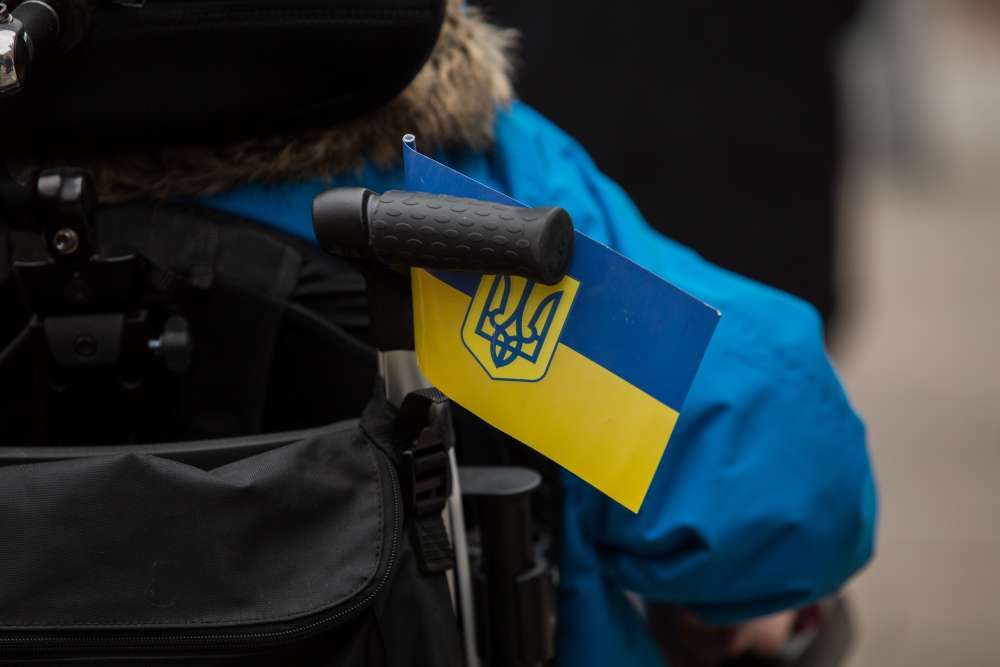How to Improve International Support for People with Disabilities in Ukraine

Russia’s continuing aggression against Ukraine is putting immense strain on the country’s disability support system. The war has led to a significant increase in the number of people with disabilities, straining the already limited resources that are available. Despite these growing needs, the Ukrainian government and international actors have failed to adequately address the issues faced by people with disabilities, including individuals with pre-existing disabilities and those who obtained a disability because of the war.
This policy brief highlights the urgent need for tailored short-term relief and long-term support. International actors should adjust their strategies to address the unique challenges faced by people with disabilities and support Ukraine’s civil society and government in reforming the country’s outdated disability support system.
Short-term recommendations:
- Fund the treatment and rehabilitation of injured soldiers and civilians at military and civilian hospitals;
- Procure smartwatches for people with hearing impairments;
- Procure mobile energy systems before the 2024 – 25 winter hits;
- Procure assistive technology and deliver it to rural areas.
Long-term recommendations:
- Support political reforms;
- Build capacity at CSOs;
- Educate disability experts.
The full brief is available for download (in English).
This is the fifth policy brief in our series“Feminist Perspectives for Supporting Ukraine.” The corresponding project is supported by the Stabilisation Platform, which is funded by the German Federal Foreign Office. It also builds on GPPi’s previous research on the conflict in Ukraine and feminist foreign policy.
About the author: Niklas Balbon is a research associate at GPPi. His current work explores feminist perspectives for supporting Ukraine amid the ongoing Russian invasion. His research interests include the intersection of gender and conflict, post-war development and feminist analyses of (post-)war economies.







